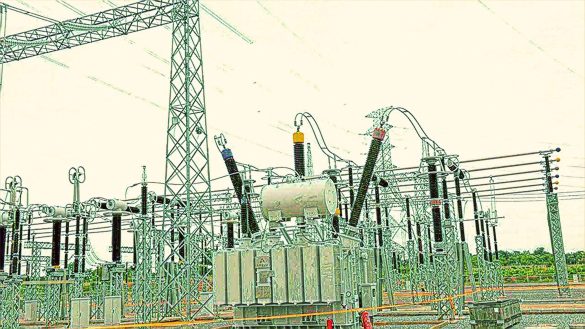South Africa has been plunged into darkness for the third week in a row, as the state-owned power utility Eskom failed to meet the rising demand for electricity amid cold weather and multiple generator breakdowns. Eskom, which supplies about 95% of the country’s power, has implemented Stage 6 load shedding, which means cutting up to 6,000 megawatts (MW) from the national grid. This is the second-highest level of power cuts, only one step away from Stage 7, which would require shedding up to 7,000 MW.
The power cuts have disrupted businesses, schools, hospitals and households across the country, affecting millions of people. The government has urged citizens to reduce their electricity consumption, especially during peak hours, by switching off non-essential appliances.
Eskom has blamed the power crisis on a combination of factors, including ageing and unreliable coal-fired plants, low coal stockpiles, maintenance backlogs, vandalism and theft. The utility has also faced financial and governance challenges, with a debt of more than $30 billion and allegations of corruption and mismanagement. The government has promised to reform Eskom and introduce more competition and renewable energy sources in the electricity sector. However, progress has been slow and met with resistance from some unions and political factions.
South Africa is not alone in facing power shortages in Africa. According to the International Energy Agency (IEA), more than 600 million people in sub-Saharan Africa lack access to electricity, and many more suffer from poor quality and unreliable supply. The IEA estimates that the region needs to invest $120 billion per year until 2030 to achieve universal access to electricity.
However, there are also signs of hope and innovation in the continent’s energy landscape. Several countries, such as Kenya, Ethiopia and Morocco, have made significant strides in expanding renewable energy capacity, especially in wind and solar power. Some private companies and start-ups have also developed off-grid solutions, such as mini-grids and solar home systems, to provide clean and affordable electricity to rural and remote areas.



